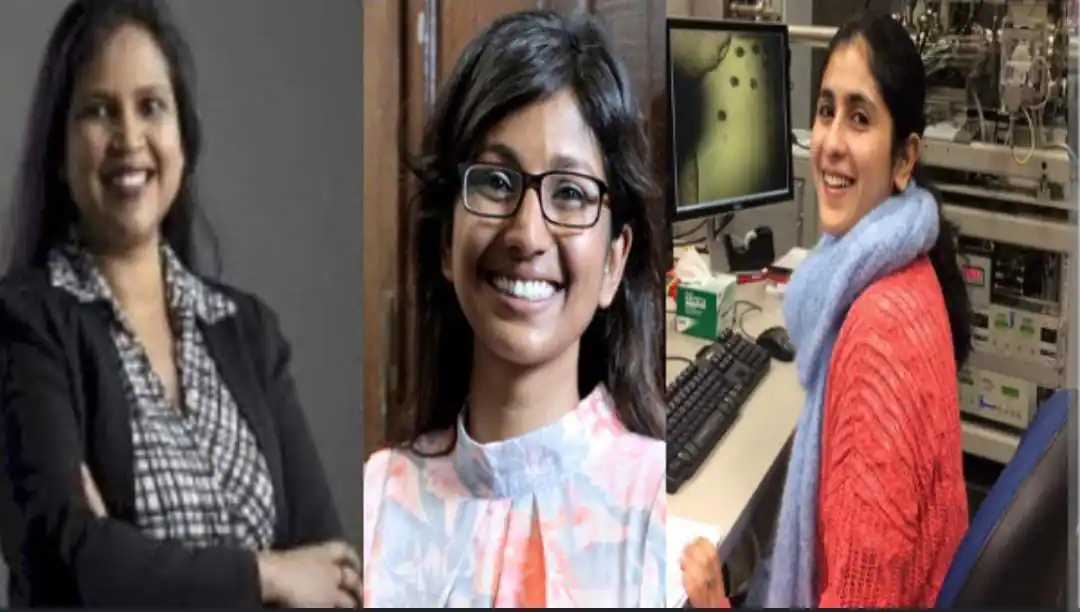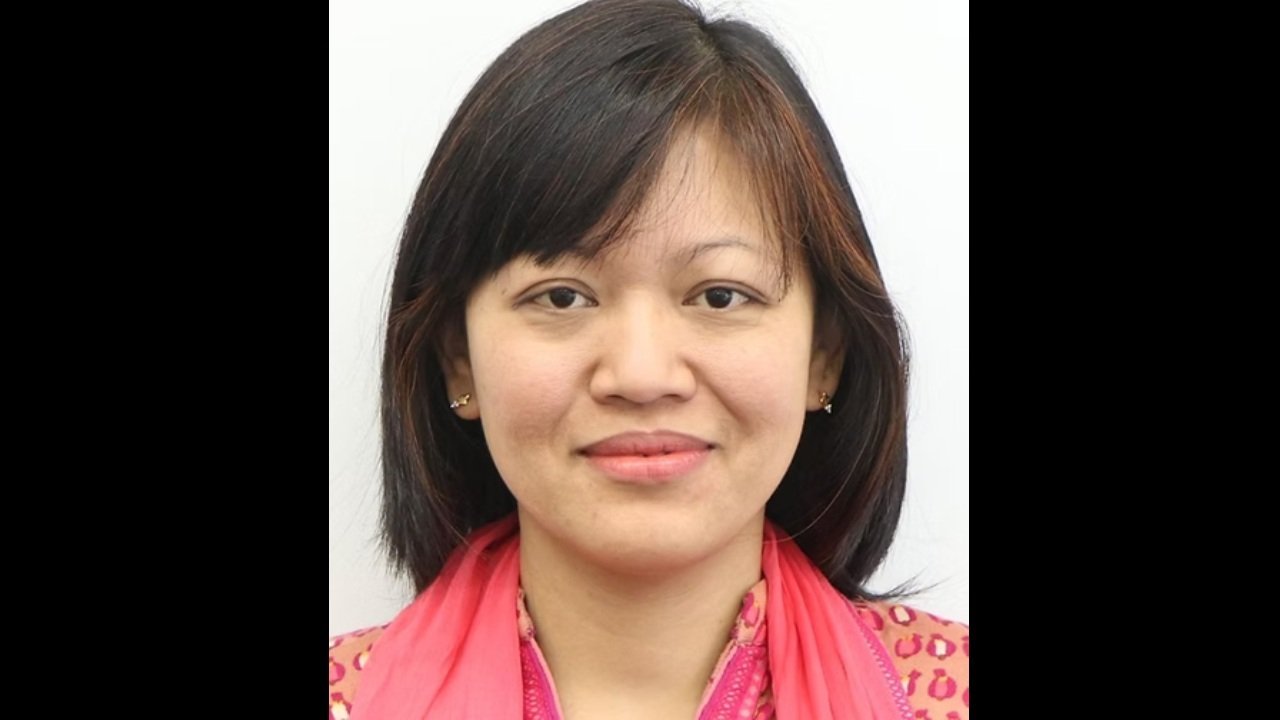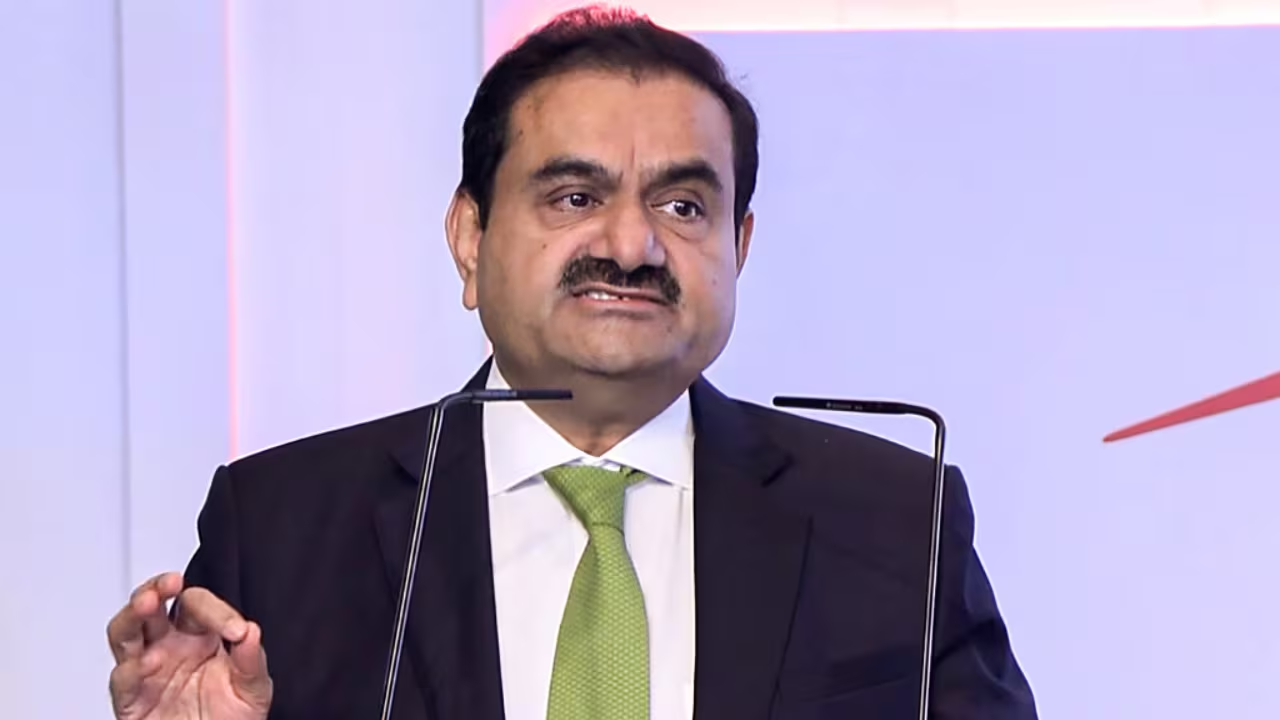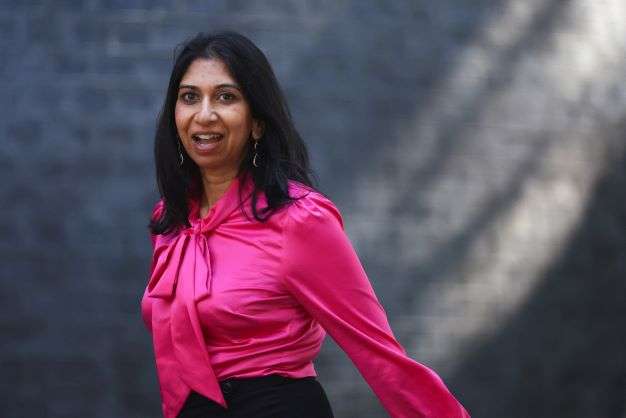“Every year, Science and Technology Australia, which is the country’s peak body in the sector and represents more than 1.05 lakh scientists and technologists, supports 60 Australian experts employed in Science, Technology, Engineering, and Mathematics (STEM) to become highly visible media and public role models.”
Three Indian-origin women are among 60 scientists, technologists, engineers, and mathematicians who have been selected as Australia’s superstars of STEM, an initiative that aims to smash society’s gender assumptions about scientists and increase the public visibility of females and non-binary people, reported PTI.
Every year, Science and Technology Australia, which is the country’s peak body in the sector and represents more than 1.05 lakh scientists and technologists, supports 60 Australian experts employed in Science, Technology, Engineering, and Mathematics (STEM) to become highly visible media and public role models, The Australia Today reported.
This year, among those recognised as superstars of STEM include three Indian-origin women: Neelima Kadiyala, Ana Baburamani, and Indrani Mukherjee.
Kadiyala is an IT Program Manager at Challenger Limited and has over 15 years of experience delivering extensive transformation programmes across multiple industries, including financial services, government, Telco, and FMCG.
Indian-origin STEM superstars are:
-
Neelima Kadiyala
-
Ana Baburamani
-
Indrani Mukherjee
On the other hand, Baburamani is a scientific advisor in the Department of Defence – Science and Technology Group and has always been fascinated by how the brain grows and works. “As a biomedical researcher, she seeks to piece together the complex process of brain development and the mechanisms contributing to brain injury,” the report said. In addition to her research, Baburamani has spent 10 years as a post-doctoral researcher in Europe, is dedicated to supporting and enabling early career researchers, making science accessible and promoting wider participation in and uptake of STEM careers.
Mukherjee is a deep-time geologist at the University of Tasmania and focuses on what drove that biological transition. She has been working as a postdoctoral researcher in Tasmania alongside branching out into fields of public outreach, geoscience communication, and diversity initiatives.
*********************************************************************
Readers
These are extraordinary times. All of us have to rely on high-impact, trustworthy journalism. And this is especially true of the Indian Diaspora. Members of the Indian community overseas cannot be fed with inaccurate news.
Pravasi Samwad is a venture that has no shareholders. It is the result of an impassioned initiative of a handful of Indian journalists spread around the world. We have taken the small step forward with the pledge to provide news with accuracy, free from political and commercial influence. Our aim is to keep you, our readers, informed about developments at ‘home’ and across the world that affect you.
Please help us to keep our journalism independent and free.
In these difficult times, to run a news website requires finances. While every contribution, big or small, will makes a difference, we request our readers to put us in touch with advertisers worldwide. It will be a great help.
For more information: pravasisamwad00@gmail.com








